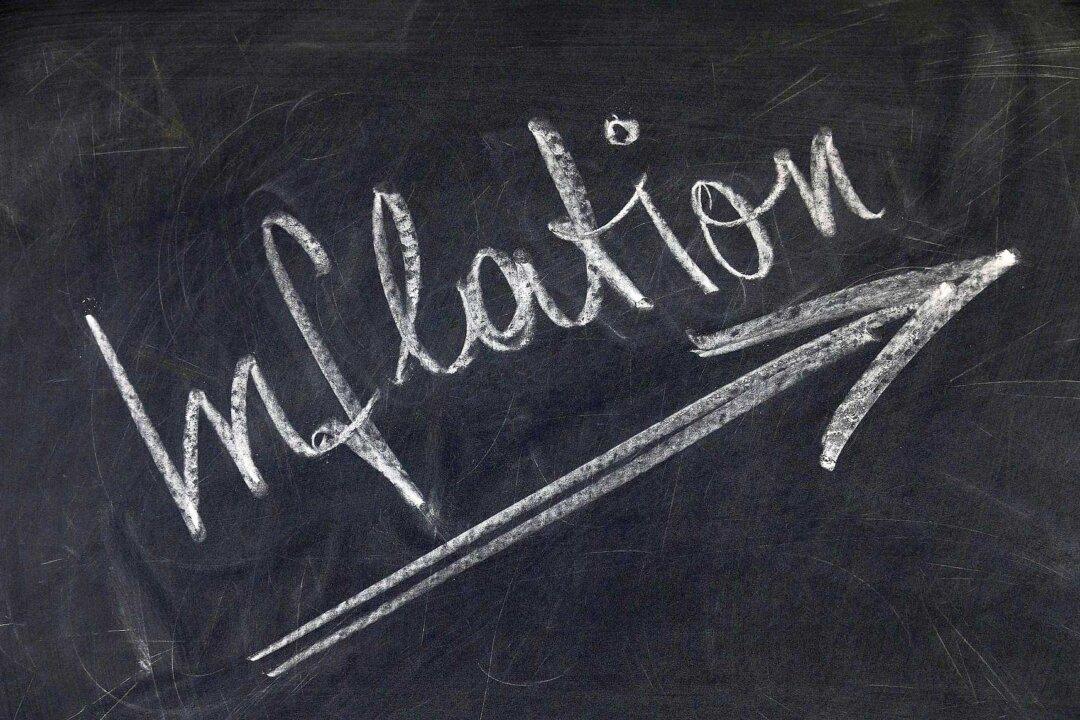This week, the U.S. Court of Appeals for the District of Columbia assailed the Consumer Financial Protection Bureau (CFPB), a federal agency with all sorts of baggage. The appellate court described the CFPB as “unconstitutionally structured” and “[a] gross departure from settled historical practice.”
As U.S. Circuit Judge Brett Kavanaugh argues, the agency’s structure “poses a far greater risk of arbitrary decision-making and abuse of power, and a far greater threat to individual liberty, than does a multi-member independent agency.”
The judicial backlash is long overdue. Created out of fear after the 2008 financial crisis, the CFPB has gone rogue, wielding essentially unilateral power and using it to inundate employers and employees alike with countless financial regulations. The agency operates almost entirely outside the realm of congressional oversight, receiving its funds as a fixed percentage of the Federal Reserve’s annual budget. The CFPB does not rely on funding approval through the normal appropriations process nor is it under any obligation to alter its practices based on congressional inquiries.
The agency’s head, Director Richard Cordray, is a White House appointee and can only be fired by the president for just cause. That is, until the appellate court recently voided the for-cause provision when it shined a flashlight on the CFPB’s lack of transparency. While Director Cordray’s power was challenged, CFPB leadership reserves the right to issue and enforce financial regulations without congressional approval. Once a multiagency job, financial services that fall under CFPB jurisdiction now include mortgages, credit cards, loan servicing, check guaranteeing, and payday loans among others.





